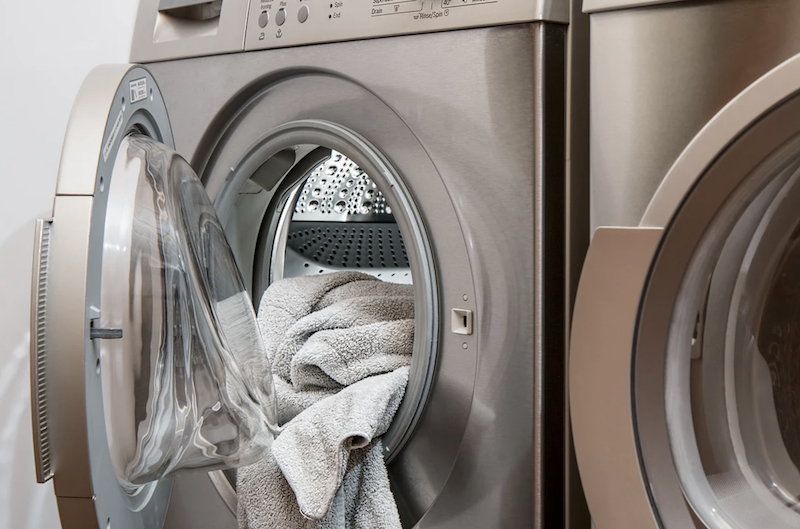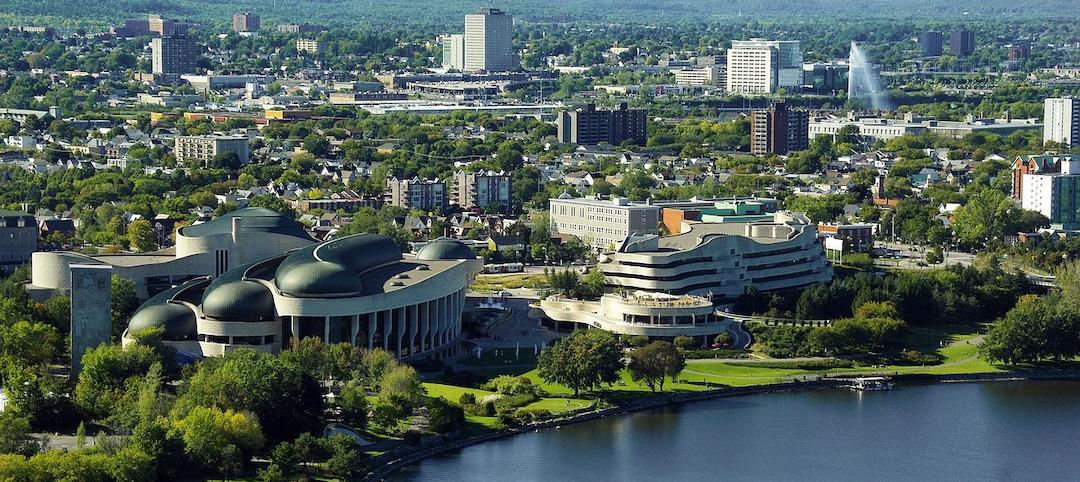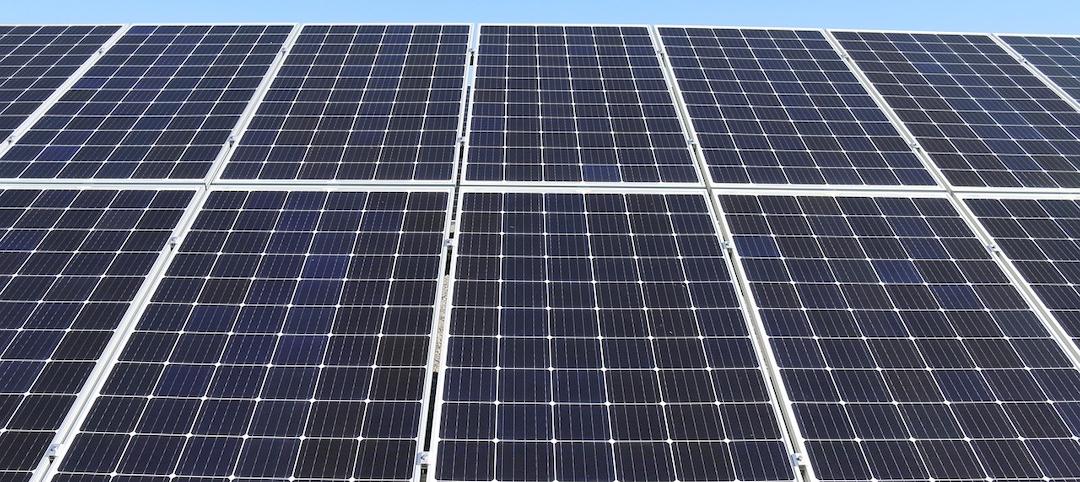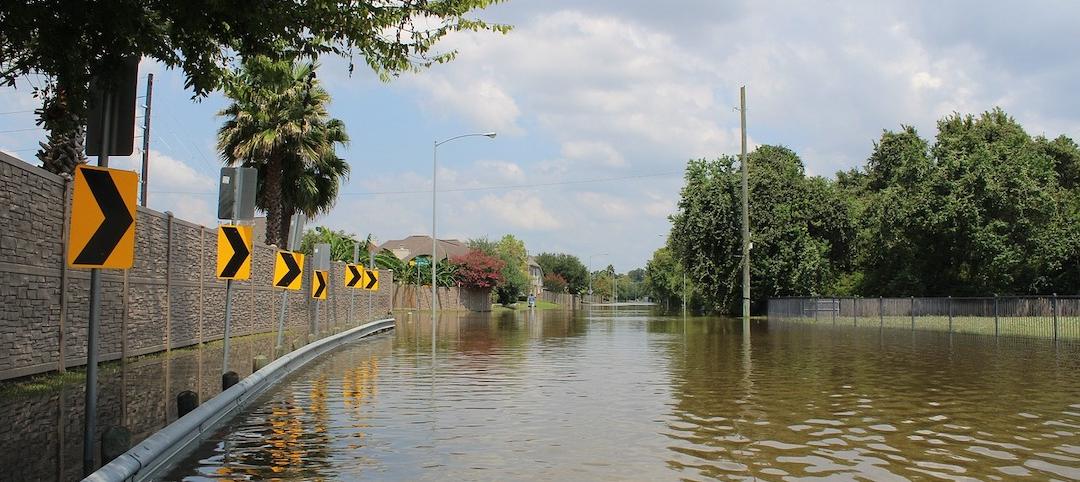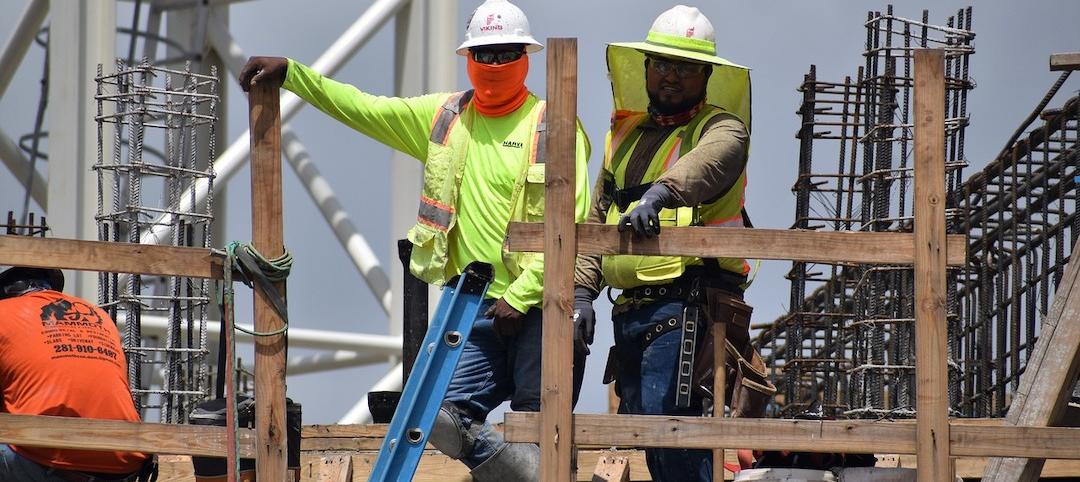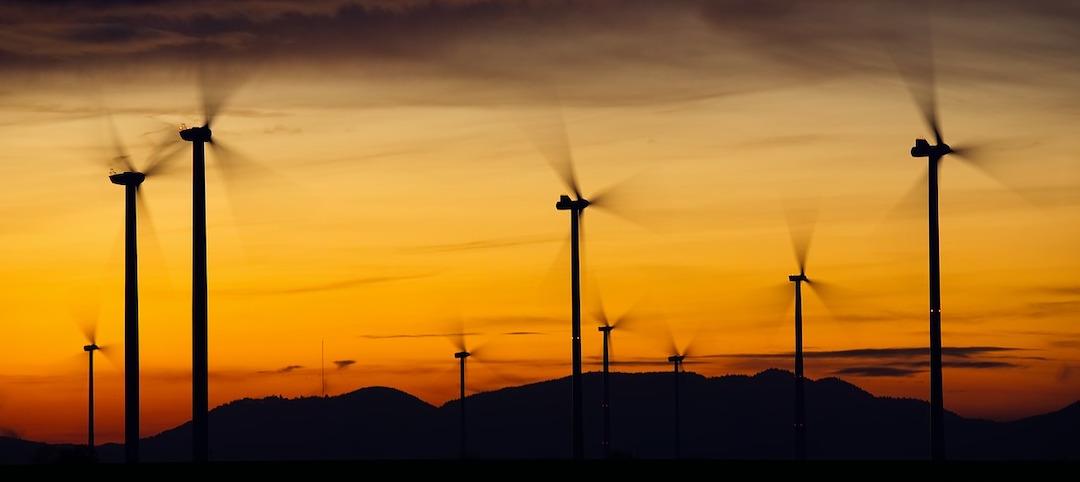A coalition of manufacturers, utilities, trade associations, and advocacy groups are urging Congress to double the funding for the U.S. Energy Star program.
Energy Star, housed mostly within the Environmental Protection Agency, “delivers a remarkable bang for the buck in reducing greenhouse gas emissions, accounting for 330 million metric tons of avoided emission reduction each year—roughly 5% of total U.S. greenhouse gas emissions annually,” according to a letter sent to Congress by the coalition. “Meanwhile, the program saves American consumers and businesses more than $35 billion annually in avoided energy costs.”
The program has seen its budget steadily decline in recent years with overall cuts at EPA. Adjusted for inflation, its budget, today at $35 million, would need to be about $65 million to keep pace with funding levels of a decade ago, the coalition says.
“We know that Congress is looking for innovative, cost-effective, and high-impact approaches for achieving emissions reductions while also boosting economic productivity,” the letter continues. “Energy Star meets all of those criteria through a voluntary, market-based program with a relatively low cost and with enormous untapped potential.”
Related Stories
Codes and Standards | Jan 19, 2022
Canada’s Trudeau seeking building codes changes, net-zero emissions building strategy
Prime minister also wants net-zero electricity grid by 2035.
Codes and Standards | Jan 18, 2022
Greater emphasis on building materials needed to achieve net-zero carbon offices
Engineered wood, straw, and bamboo can be keys to achieving goal.
Codes and Standards | Jan 17, 2022
AISC seeks comments on draft earthquake standard for steel buildings
Includes new limits for cross-sectional slenderness of steel columns based on latest research.
Codes and Standards | Jan 12, 2022
California’s wildfire building code significantly reduces structural loss
As other states consider upgrading their codes, Golden State provides useful model.
Codes and Standards | Jan 12, 2022
Regulator holding back climate-friendly, energy-saving equipment deployment, critics say
Heat pumps, solar power could be made more accessible for low-income communities in Massachusetts.
Codes and Standards | Jan 11, 2022
Cost hikes drive nearly one million renters out of homeownership qualification in 2021
Household income needed to pay a mortgage rose to $62,872 from $55,186.
Codes and Standards | Jan 10, 2022
New ratings services focus on climate risk for homeowners
Efficacy of models used in risk assessment varies.
Codes and Standards | Jan 6, 2022
Virginia contractors having a tough time finding diverse subs to meet state goals
Survey of primes may indicate similar issues at federal level.
Codes and Standards | Jan 5, 2022
Boston drops parking requirements for affordable housing
Measure expected to spur new projects.
Codes and Standards | Jan 4, 2022
Dept. of Energy Better Climate Challenge aims for 50% GHG emission reduction by 2030
Program offers technical assistance and peer-to-peer knowledge sharing.


